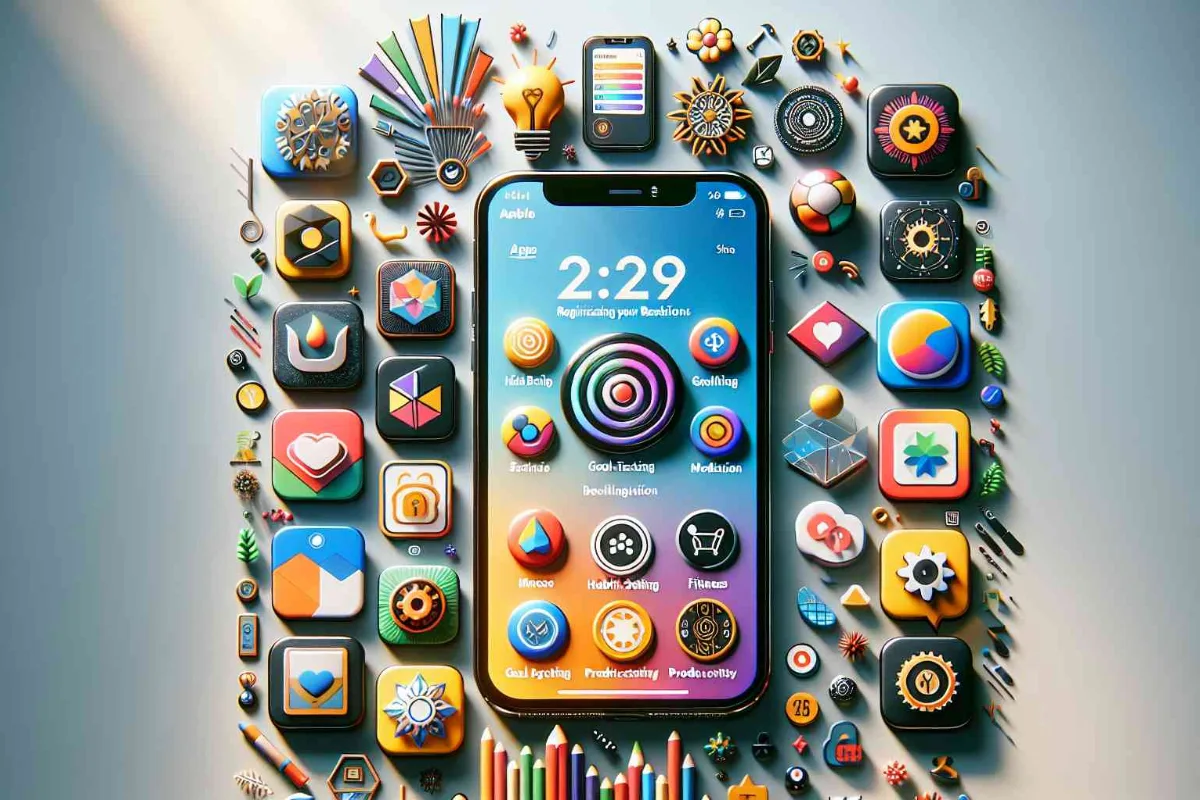The Future of Medicine: How Apps are Transforming Healthcare
Introduction
In recent years, technology has revolutionized every aspect of our lives, including healthcare. The emergence of mobile applications has opened up a world of possibilities in medicine and science, making it easier than ever for patients and professionals to access information and resources. In this blog post, we will explore the incredible potential of apps in medicine and science, as well as the potential dangers that come with them.
Apps in Medicine
Mobile apps have become indispensable tools for patients and healthcare providers alike. These apps allow users to track their health conditions, monitor vital signs, and even consult with doctors remotely. This has proven especially useful for individuals with chronic conditions who require continuous monitoring.
Moreover, apps in medicine have made it easier for patients to access medical information and resources. From symptom checkers to medication reminders, these apps provide valuable support and education. Patients can now take charge of their own healthcare and make informed decisions with the help of these applications.
Apps in Science
Apps are not only transforming the way we approach medicine but also revolutionizing the scientific field. Scientists can now analyze complex data sets, perform experiments, and even collaborate with peers using these applications. This has accelerated the pace of scientific discovery and opened new doors for research.
Furthermore, apps in science have made it easier for students and enthusiasts to engage with scientific concepts. Interactive simulations, virtual dissections, and 3D models enable hands-on learning experiences that were once only possible in a laboratory setting. These apps have the potential to inspire the next generation of scientists and innovators.
Dangers in Apps
While the benefits of apps in medicine and science are undeniable, it is crucial to acknowledge the potential dangers they pose. Privacy and security concerns are at the forefront of these risks. Users must be cautious when sharing sensitive medical or personal data through these applications and ensure that their information is adequately protected.
Additionally, the reliability and accuracy of certain apps may vary. Not all applications are subjected to rigorous testing and regulation, which means that some may provide misleading or incorrect information. It is essential for users to exercise critical thinking and consult trusted sources when making medical or scientific decisions based on app recommendations.
Conclusion
Apps have ushered in a new era of healthcare and scientific advancement. With their ability to empower patients, support healthcare professionals, and advance scientific research, these applications have the potential to shape the future of medicine and science. However, it is important to approach them with caution, considering the potential risks and ensuring the protection of personal data. As technology continues to evolve, we can expect even more exciting developments in the realm of apps in medicine and science.



